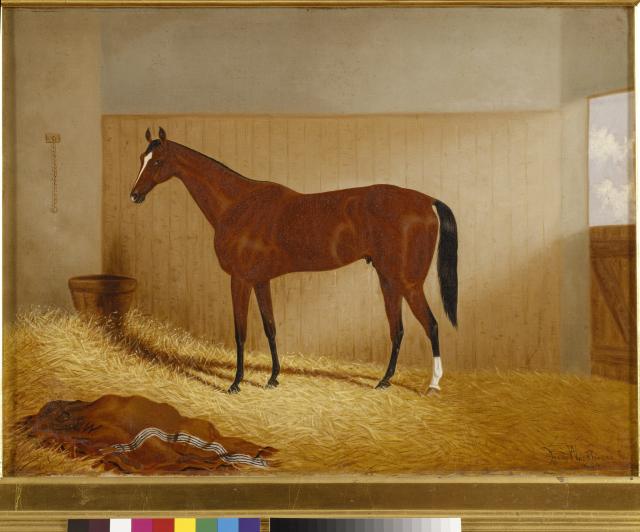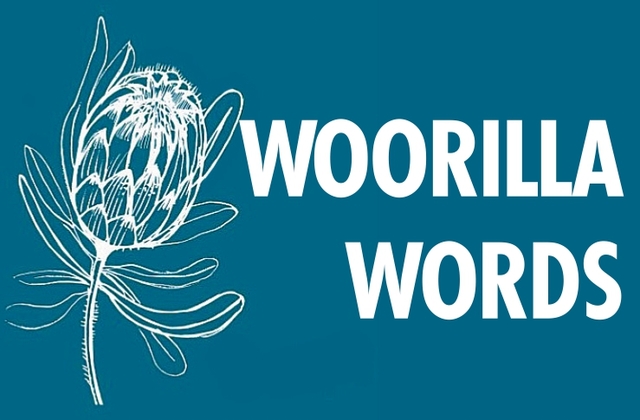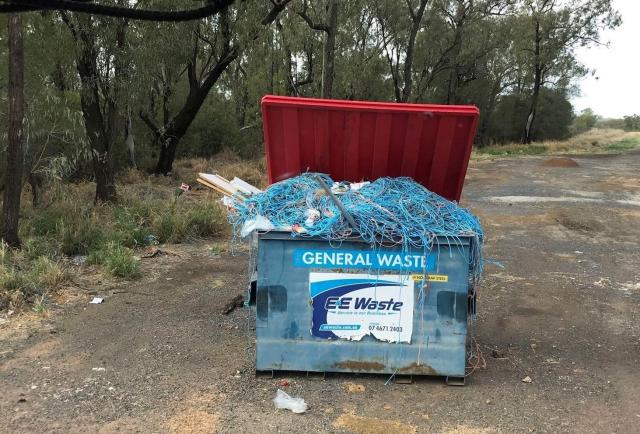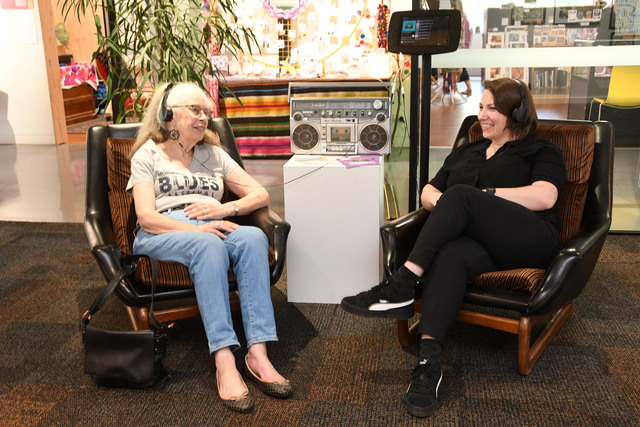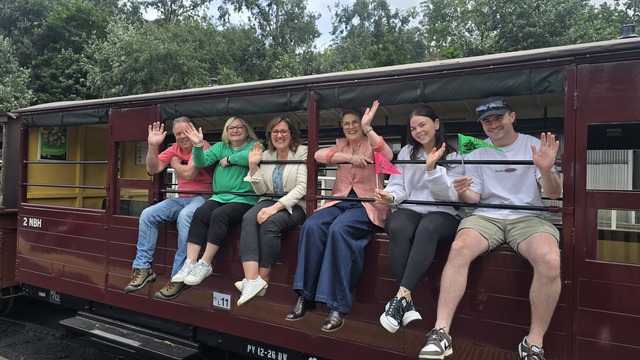With Melbourne Cup fever still ringing out across the nation, a local historian has shared the Hills’ own connection to the ‘race that stops the nation’.
Robert Jungwirth, current president of the Sherbrooke Foothills Historical Society and the creator of Facebook page Lost Dandenongs, spoke to the Star Mail on renowned horse trainer Walter Hickenbotham’s connection to the Dandenong Ranges.
Known as the ‘Prince of Trainers’ for his devotion to horses, Hickenbotham led Mentor to win the 1888 Melbourne Cup alongside owner Donald Wallace before being entrusted with Carbine, who would go on to win the 1890 Melbourne Cup – and according to the Australian Racing Museum – almost every other race in which he was entered.
New Zealand-born Carbine carried a record weight of 65 kilograms and ran in a field of 39 runners, winning in the record time of three minutes and 28.25 seconds, according to the Australian Racing Museum.
Carbine ran second in the 1889 Cup and was inducted into the Australian Racing Hall of Fame having not placed in a race only once in his career.
Hickenbotham went on to secure two further Melbourne cups with horses Newhaven and Blue Spec in 1896 and 1905 respectively.
He was also inducted into the Hall of Fame in 2003.
Jungwirth said Hickenbotham had visited the Dandenongs in the 1800s, putting his horses out to rest on the 600-acre Blackwood Park in Ferntree Gully.
“Hickenbotham used to come to the hills and he would visit his horses from time to time to see how they were doing. When he got a little bit older and retired he settled in the hills permanently,” Jungwirth said.
“The horses had a good time and he very much cared for [them].
“He did have a home and stables in Melbourne, but his home and stables in Melbourne would not have been as comfortable for the horses; it’s a different life when you’re down there in stables.”
Hickenhbotham purchased a 10-acre block on the corner of Laubes Road and One Tree Hill Road in Ferny Creek in 1902, Jungwirth said, across the road from famous geologist Edward Dunn.
“[Hickenbotham] was pretty unusual; you’d probably be unusual to achieve what he did,” Jungwirth said.
“He took his horse to a lot of different races, and sometimes the only way to get the horse to those races was to ride on another horse and accompany that horse to the race.
“Imagine asking a marathon runner in Sydney to come down to Melbourne, and he’s going to walk here first before he does the marathon; It’s crazy.”
Hickenbotham died in 1930 in Dromana.
More than half of the Melbourne Cup winners from 1914 until 1978 were descendants of Carbine; including Phar Lap.

